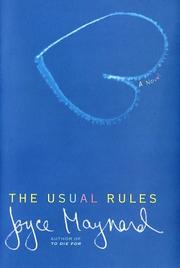I was wrong.
The bored button looks like this:
The text below it reads:
"I am bored. I'm so bored. I'm bored at school. I'm bored at work. I'm bored to tears. I'm bored to death.
Do you find yourself saying any of the above? If so, you've reached the
right website. Clicking the red button will instantly take you to one
of hundreds of interactive websites specially selected to alleviate
boredom. So go ahead and give it a try.
Press the Bored Button and be bored no more."
Why not. I was bored, and this seemed the perfect remedy. I proceeded. The first site I was brought to was a interactive-boombox-creator-thingy. (articulate, I know.) Basically you drag sounds, beats. melodies, voices, and other things of the sort onto different animated people that start to make that sound. It was so engaging. The next site I was moved onto (after clicking the button again) was a text box that promised to announce your, and I quote, "big-ass message" to the world in huge font. There was a page that tested your ability to complete entirely mundane tasks for an extended period of time without doing anything else--you had to hold down a button with your mouse. I succeeded in this for all of five seconds, 33 milliseconds.
Some sites were hilarious--the "big-ass message" being the example here. There were others that were creative and beautiful: a site where the move of your mouse would create your own "internet silk". There were others that expanded your worldview--a site where each click of your mouse could take you to a different place on the earth.
The most recent one I visited was a site with a black background and small objects sticking out of the darkness. They moved, made sounds, etc. when you clicked and held on them. There was one piece on which I clicked that "turned on the lights" and revealed what each object really was. In reality, I had only been seeing parts of other objects. Each thing was something entirely different than what I thought it was. In short--imagination.


